The Spectre of War: International Communism and the Origins of World War Two
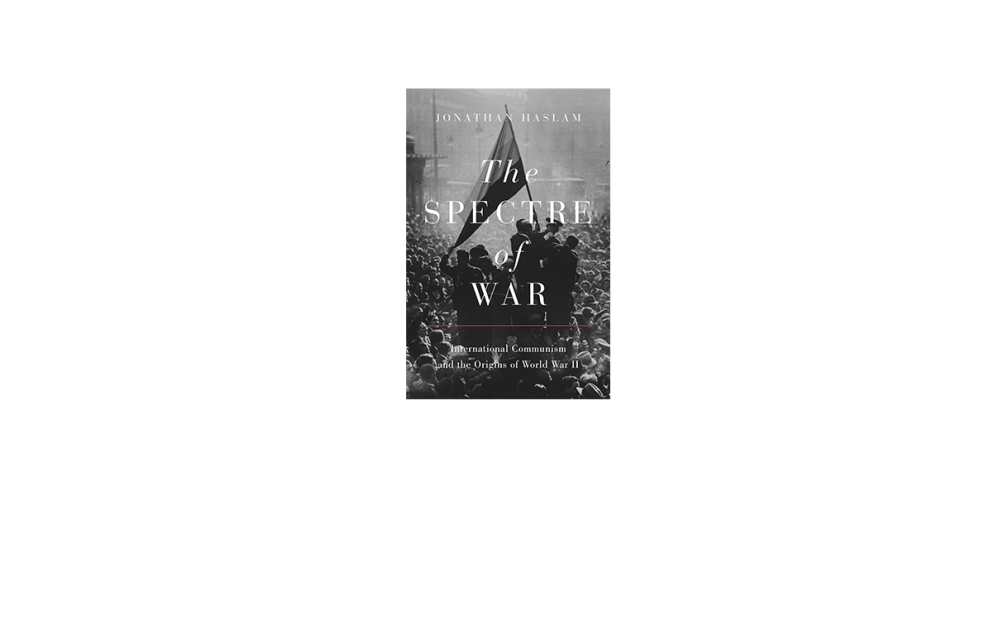
The Spectre of War looks at a subject we thought we knew—the roots of the Second World War—and upends our assumptions with a masterful new interpretation. Looking beyond traditional explanations based on diplomatic failures or military might, Jonathan Haslam explores the neglected thread connecting them all: the fear of Communism prevalent across continents during the interwar period. Marshaling an array of archival sources, including records from the Communist International, Haslam transforms our understanding of the deep-seated origins of World War II, its conflicts, and its legacy. Illuminating ideological differences in the decades before World War II, and the continuous role of pre- and postwar Communism, The Spectre of War provides unprecedented context for one of the most momentous calamities of the twentieth century.
Jonathan Haslam retired as George F. Kennan professor at the Institute for Advanced Study. He is a fellow of the British Academy and an emeritus professor of the history of international relations at Cambridge University. Haslam is also a life fellow of Corpus Christi College at Cambridge. His recent publications include: The Spectre of War: International Communism and the Origins of World War II (Princeton: Princeton University Press, 2021); Near and Distant Neighbors. A New History of Soviet Intelligence (New York: Farrar, Straus, 2015); and Russia’s Cold War: from the October Revolution to the Fall of the Wall (Yale University Press 2011).
The Washington History Seminar is co-chaired by Eric Arnesen (George Washington University and the National History Center) and Christian Ostermann (Woodrow Wilson Center) and is organized jointly by the National History Center of the American Historical Association and the Woodrow Wilson Center's History and Public Policy Program. It meets weekly during the academic year. The seminar thanks its anonymous individual donors and institutional partners (the George Washington University History Department and the Lepage Center for History in the Public Interest) for their continued support.
Speaker
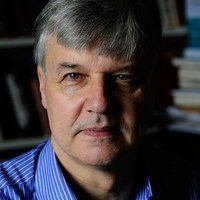
Moderators

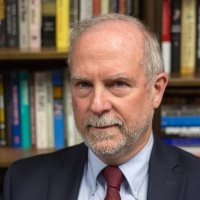
Professor of History, The George Washington University. Director, National History Center of the American Historical Association.
Panelists
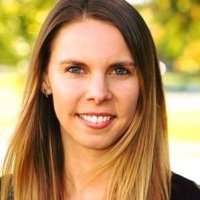
Analyst with the US Government
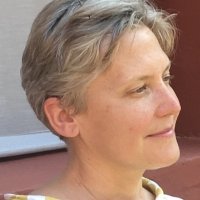
Hosted By

History and Public Policy Program
A leader in making key foreign policy records accessible and fostering informed scholarship, analysis, and discussion on international affairs, past and present. Read more


Cold War International History Project
The Cold War International History Project supports the full and prompt release of historical materials by governments on all sides of the Cold War. Read more
